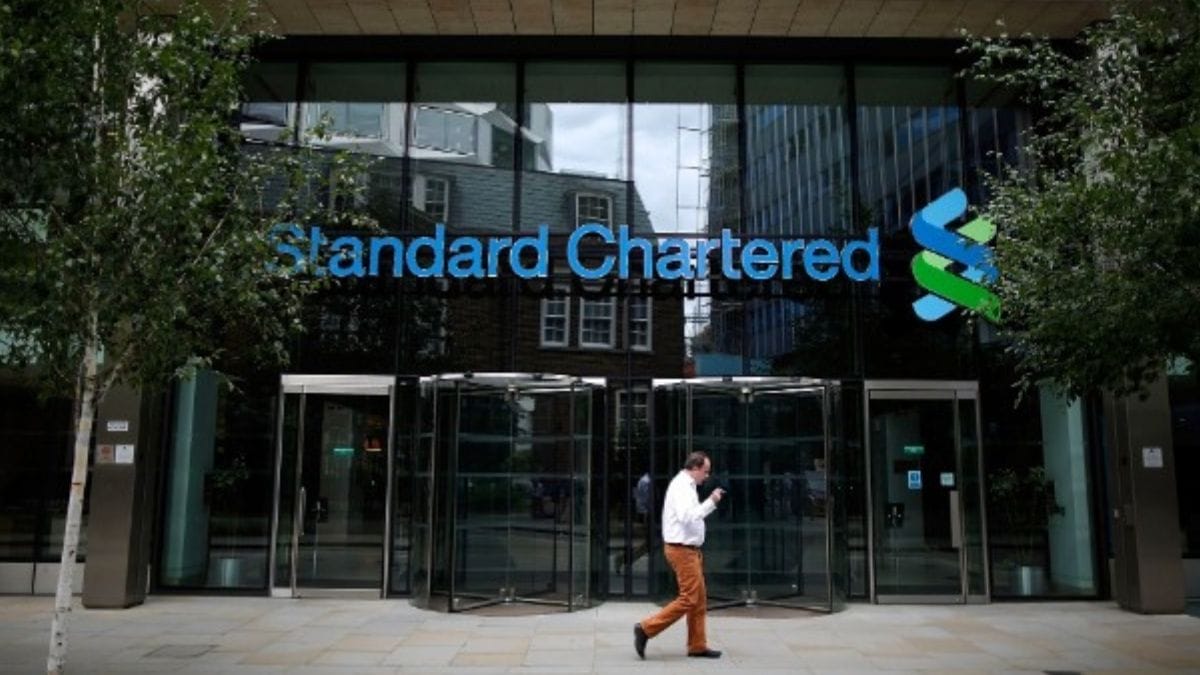Standard Chartered Plc will give $7500 million to investors via a share buyback even after losing estimates, as the bank looks to improve its earnings with expense cuts and higher interest rates.
Revised pretax profits for 2021 rose 55% to $3.9 billion, losing a firm-compiled estimate of $4.3 billion, crushed by a $300 million write-down on its purchase in China Bohai Bank, according to an announcement from the London-based lender Thursday.
The bank noted a 5% rise in operating costs for the year. Standard Chartered was notified last year of boosting staff costs on the back of higher performance-related pay, exacerbated by severe competition among banks. Speaking last month, Chief Executive Officer Bill Winters told the lender was having to look for savings across its company to keep a lid on costs as the lender is urged to pay up for “pricey talent.”
Chief Financial Officer Andy Halford announced in a Bloomberg Television interview Thursday that the overall bonus pool had climbed “significantly,” especially in wealth management. “We are probably a quarter up on where we were last year.”
The Asia-focused lender announced it conducts to cut $1.3 billion of “structural” costs through 2024 to build more room for investments and will target earnings improvement of 8% to 10%, up from 5% to 7% this year, in part as higher rates stoke earnings. The bank sketched an optimistic outlook as it suggested to further hikes in rates by crucial central banks.
The lender’s stock has been on a twirl since the onset of the year, with the shares boosted by hikes in rates by the Bank of England and goals that the Federal Reserve will lift U.S. rates this year. Low rates have hit the industry’s margins for years, with an inside Standard Chartered calculation deducing that the low-rate environment had cost the firm about $1.5 billion in lost profits.
The share buyback plan was less than some had predicted. Last year, Standard Chartered declared a $250 million buyback and a $0.09 dividend — unchanged for 2021 — that underwhelmed investors. Expectations had been building the bank would regulate this at these full-year results, with reviewers at Jefferies International Ltd. going so far as predicting a $1.7 billion buyback based on the amount of excess capital they told the lender would have on a pointer.
A drop in credit impairments assisted drive the full-year earnings rise. They decreased to $263 million last year from $2.3 billion in 2020 when bad debt tipped during the pandemic.
“This will be a business that is clean, it is sharp, it has a tidy balance sheet, it’s well-practised, it’s well-focused, and people, I think, will look back on the last few years and say it was quite a difficult task to go and sort out a job that had a few issues, then to go through Covid,” said Halford.


